Today’s readings
This morning’s Gospel reading presents us with perhaps thefoundational principal of living the Christian life: love of God and love of neighbor. We love God with great fervor because he loved us into existence. And God teaches us how to love: to love him and to love others; in fact we manifest our love of God in very real ways by loving others. Loving others is what brings us here together this morning as we celebrate our annual Mass of Remembrance for those who have gone before us, marked with the sign of faith. Our love of them doesn’t end when they leave us; and it is that love that intensifies our grief. And so we gather this morning to remember and to take solace in God’s love for us, knowing that the grave is no obstacle to love, and that death has been defeated by our Savior who loves us more than anything.
One of my most vivid childhood memories was when I was just about nine years old. My grandfather on my mother’s side, who had retired just a few months earlier, was diagnosed with cancer. There wasn’t so much that could be done about cancer in those days, so he wasn’t expected to live long. And so one night, as the oldest of the children, Mom and Dad came to my room to talk to me about Grandpa. That was the night I learned about life and death, sadness and grief, love and pain. We cried a bunch, hugged a lot, and talked about how we were going to miss him.
I went to the wake and funeral with my family, because that’s what we did when a loved one died. My parents could have shielded me from that experience in many ways, as so many parents unfortunately do, but they chose not to, and I’m glad they made that decision. Death and grief aren’t things we actively seek, but we can’t be afraid to meet them head on, girded with faith, and confident of the hope we have in Christ Jesus.
I still miss Grandpa to this very day. He had a wonderfully silly sense of humor that never failed to make me laugh and probably rubbed off on me, to be honest; he made a homemade ravioli that blew away anything I’ve ever eaten since; he came from Italy and made a beautiful life for his family, and the stories of that have been an inspiration to me every day. The same is true of all of my grandparents, all who have gone on to the Kingdom, all of whom I miss and all of whom were a great example for me.
I miss Grandma Mulcahy when I’m planting flowers in my Mom’s garden, because she did that better than anyone, and while she did, we would talk about Ireland and I would hear about life in the “Old Country.” I miss Grandma Mastrodonato – Mom’s Mom – when I’m out in a public setting and see people doing crazy things because she always enjoyed people watching and listening to others. I missed Dad’s Dad a lot in my job previous to seminary, because he built the monstrous printing press that was, at the time, printing a job for my one of my best customers.
And I miss Dad, so very much. When I’m having a rough day, I just want to sit down and talk, knowing he’d listen and understand, and support me in whatever way I needed. And there are aunts and uncles who have gone on to the Lord, too. All of these characters have been inspirational to me in some way, and I find that the grieving, while it may dissipate a bit, never seems to completely go away. I don’t think it’s supposed to. Because when we have loved much, the passing away of one we have loved leaves a hole in our life that just doesn’t go away. That doesn’t mean that our life comes to an end: we move on, as move on we must, but always with a sense of loss, hopefully tempered with fondness for the relationship we had, hopeful of a reunion in heaven one day.
We come together today to pray for our deceased loved ones that they may be purified of any sin so that they can enter the kingdom of God. Praying for the dead recognizes that all of our lives here on earth are not perfect, and the only way that we can attain the saving grace necessary for life in heaven is by turning to our Savior who gave his life for us. Our second reading today gives us confidence that we can do this, and that his sacrifice on behalf of our loved ones, and of us, is sufficient, because his is a priesthood that never passes away. He offered himself once for all, and that is enough, if we turn to him and ask his mercy.
In a few moments, I will sing words that have comforted me so many times in my sorrow. They are the words of the preface to the Eucharistic Prayer: “Indeed, for your faithful, Lord, life is changed, not ended, and when this earthly dwelling turns to dust, an eternal dwelling is made ready for them in heaven.” This echoes the words of the Prophet Isaiah who confidently proclaims: “The Lord God will wipe away the tears from all faces; The reproach of his people he will remove from the whole earth; for the Lord has spoken.”
During November, the Church continues to remember those we prayed for on the second day of this month, the Commemoration of All the Faithful Departed. And for this remembrance, I have chosen to reflect on our experience of grief, and I’ve done that because it’s an experience we all have, on some level, at some time in our lives. I want you to know how very natural grief is, and how very blessed an experience it is. We must always remember that blessed experiences aren’t always pain-free. Our God never flees from our brokenness, instead he has chosen to redeem it. That is why he offered himself willingly for us.
And so we are confident, because we know that death only separates us from those we love for a short time, and that death never has the last word because Christ has triumphed over death. The beginning and end of everything is Christ, and Christ is with us in our first moments, and also in our last. He is with us in our pain and with us in our joy. He helps us to remember our loved ones with love that continues beyond our death and beyond the grave. Grief and loss and pain are temporary things for us. Love is eternal, love never ends, love can never be destroyed by death, love leads us all to the great glory of the resurrection and eternal light in that kingdom where Christ has conquered everything, even death itself.
Therefore, it is with profound sadness, but also with ultimate trust in Almighty God that we commend our loved ones to the Lord, knowing that his mercy is great and that his love will keep us united at the Eucharistic banquet until that day when death is conquered and sadness is banished and we are all caught up in God’s life forever.
Eternal rest grant unto all of our loved ones, O Lord, and let perpetual light shine upon him. May the souls of all the faithful departed, through the mercy of God, rest in peace. Amen.
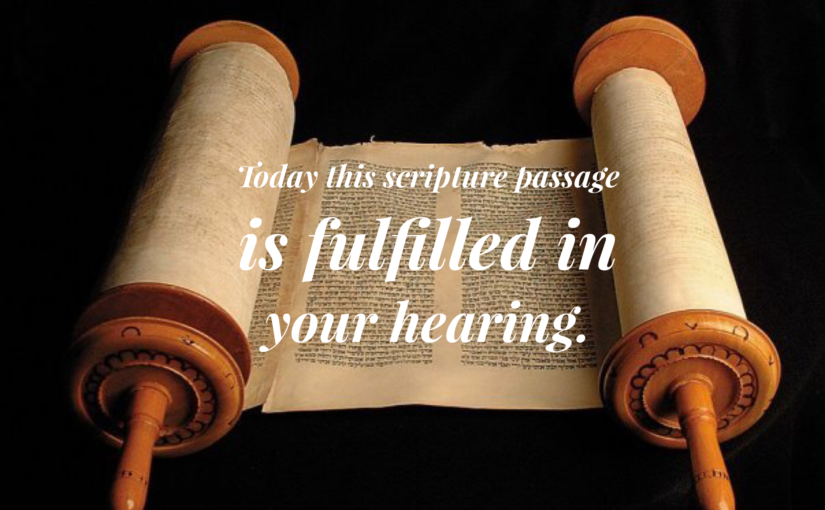
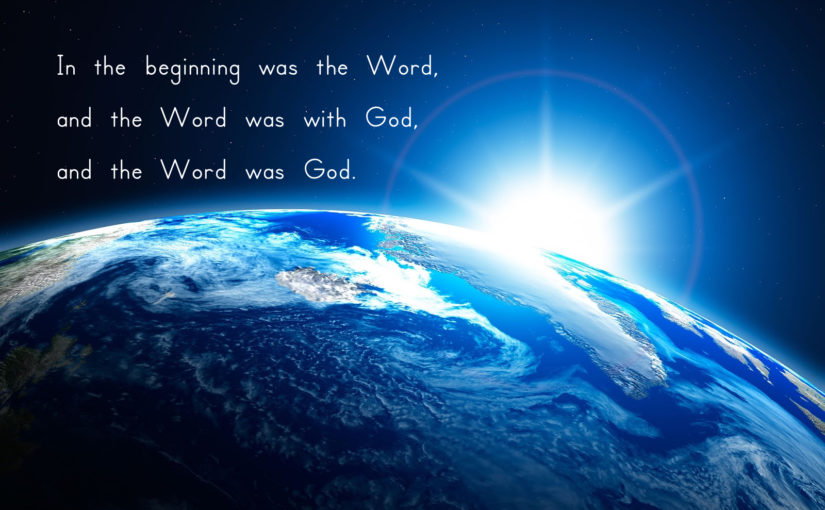
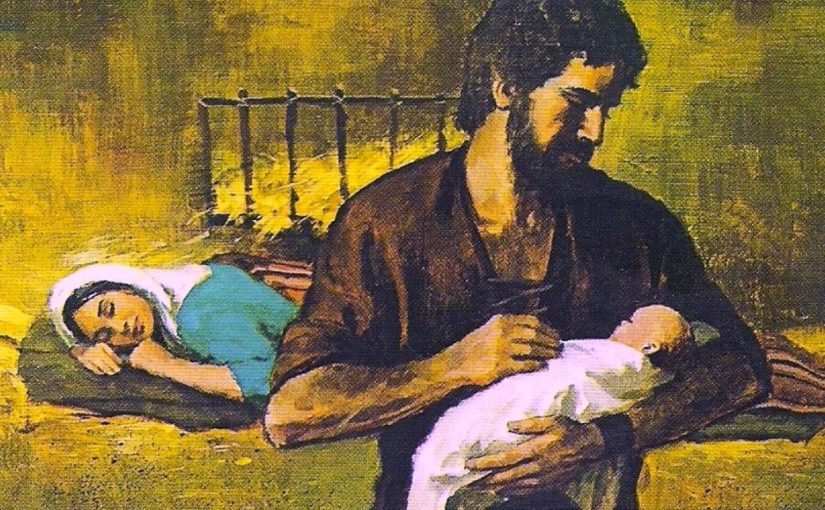
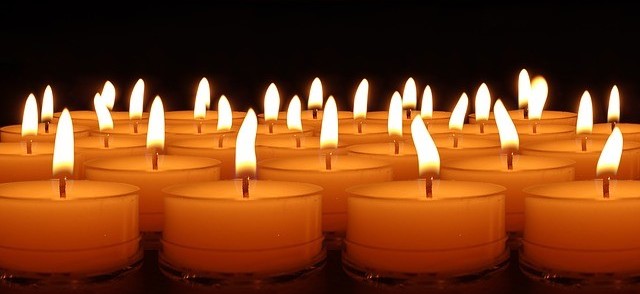

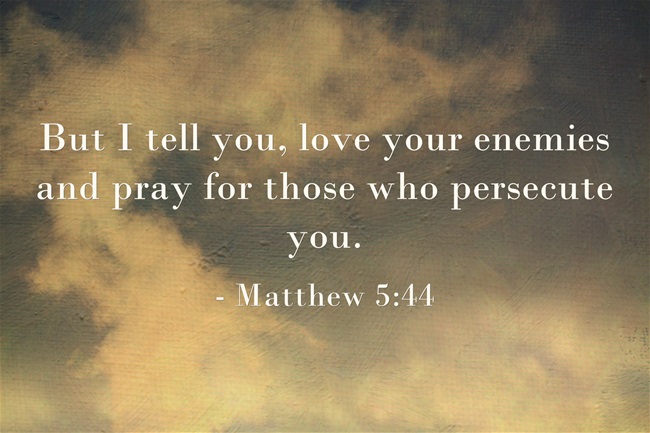
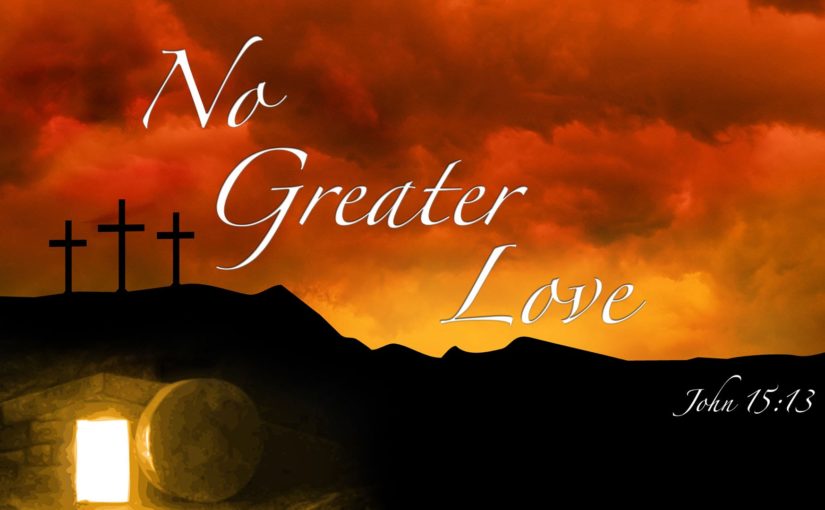

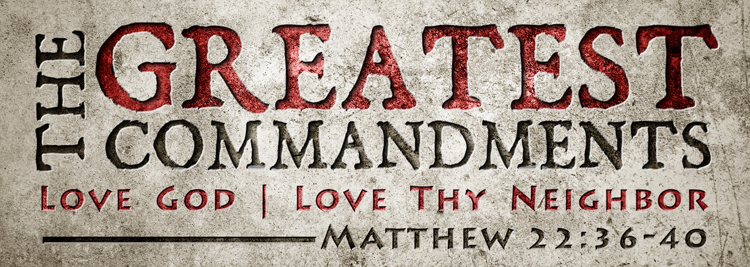
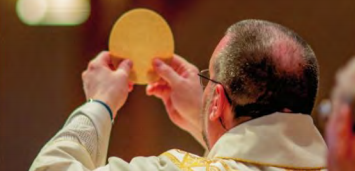
You must be logged in to post a comment.